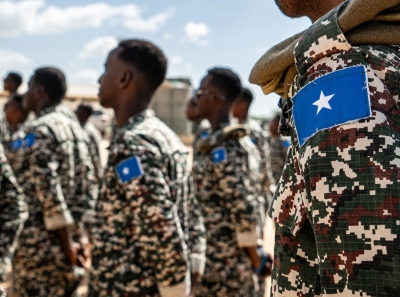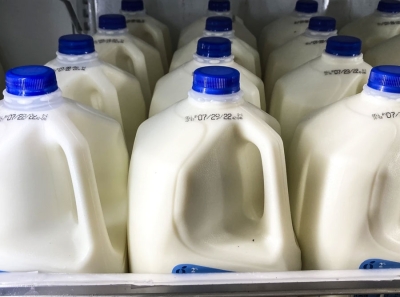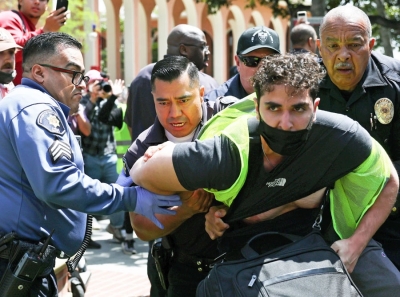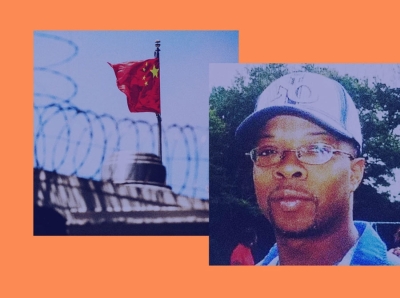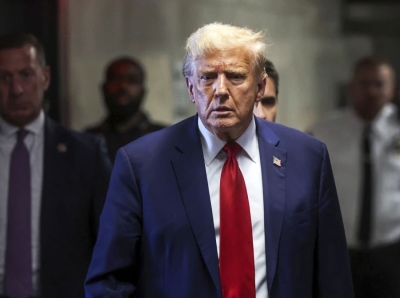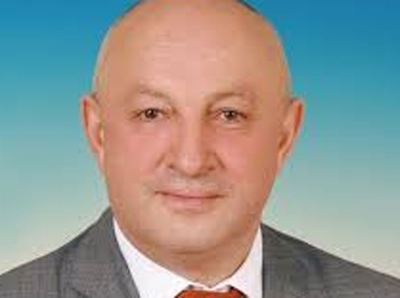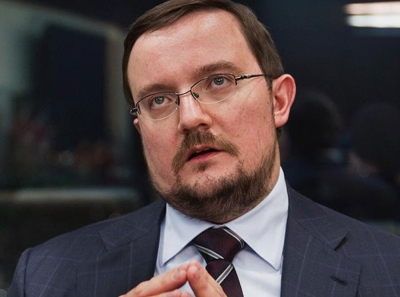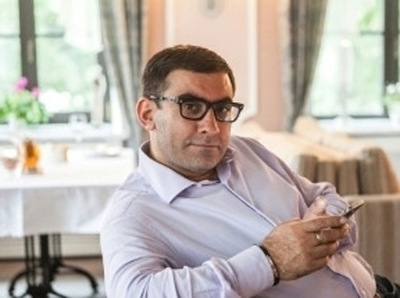Netherlands: setback in Wilders’ coalition talks
Ten weeks after Geert Wilders’ right-wing populist Party for Freedom (PVV) won the elections in the Netherlands, the centrist NSC has pulled out of coalition negotiations with the PVV, the Farmer-Citizen Movement (BBB) and the right-wing liberal VVD of outgoing Prime Minister Mark Rutte. However, NSC leader Pieter Omtzigt has left open the option of supporting a minority government of the remaining negotiating partners. What are the options now?
Let him govern
The PVV leader could still become prime minister, the Neue Zürcher Zeitung emphasises:
“[NSC leader] Omtzigt has offered to tolerate a minority government under his leadership. Wilders could agree to form a staunchly right-wing cabinet along with the small Farmer-Citizen Movement in order to finally move into the Torentje, the Prime Minister’s office in The Hague. ... The alternative of new elections would not be a good option for anyone involved, with the exception of Wilders, who would gain significantly more seats in parliament. ... According to opinion polls, the majority of Dutch voters currently favour a right-wing government. Perhaps this would even lead to Wilders being unmasked more quickly than he would like as a man of simple slogans.”
Now it’s up to the right-wing liberals
The pressure on the VVD is growing, writes De Volkskrant:
“The only one who can break the impending stalemate is [VVD parliamentary group leader Dilan] Yeşilgöz. Roughly speaking, there are three options: an uncertain adventure involving a minority government with the PVV and the BBB, joining forces with Frans Timmermans [red-green alliance], Rob Jetten [D66, left-liberal] and Pieter Omtzigt, or holding new elections. None of these options are particularly attractive to the VVD, but the party only has itself to blame for this situation.”

